Today’s vast military parade in Beijing is the climax of three days of political theatre orchestrated by President Xi Jinping, with supporting roles played by those pantomime villains Vladimir Putin and Kim Jong-un. The smirking North Korean and Russian dictators joined Xi to witness the People’s Liberation Army’s goose-stepping soldiers and shiny weaponry rumbling through Tiananmen Square. “Today, humanity is again faced with the choice of peace or war, dialogue or confrontation, win-win or zero-sum,” Xi told the crowd of some 50,000 carefully selected spectators (which roughly matched the number of soldiers). He said the Chinese people “firmly stand on the right side of history.”
Xi warned that China was “unstoppable” and is “never intimidated by bullies” before climbing on the back of an open-top car to inspect what seemed like miles of hardware lining Chang’an Avenue, warplanes flying overhead. China’s military expansion and modernization is racing ahead at a rate rarely seen in peacetime, and today’s show, reckoned to be China’s largest-ever military parade, was a showcase of some of the results, designed to throw the gauntlet down to the West.
Western military attaches will no doubt be doing their own forensic inspections of Xi’s new kit, which included sea drones and multiple missile systems, among them intercontinental ballistic missiles designed to reach the United States. It also included cruise missiles and an array of anti-ship missiles, dubbed “carrier killers,” whose purpose is to deter American involvement in a war over Taiwan.
It was the first time Xi, Putin and Kim had met together publicly, and in many ways it was a clarifying moment to witness as they walked shoulder to shoulder, the three protagonists of the Ukraine war. Putin, its architect; Kim, who is providing weapons and soldiers; and Xi, who is underwriting the whole enterprise through his economic support for Moscow.
The parade, which lasted around 90 minutes, was supposed to mark the 80th anniversary of Japan’s surrender and the end of the Second World War. In fact, the Chinese Communist Party played only a marginal role in defeating Japan, with its rivals, the nationalist Kuomintang, doing most of the fighting. Mao Zedong cynically calculated that Japan would weaken his opponents, who could then be more easily defeated in the Chinese civil war. Mao would later confess that the communists would never have won without the Japanese invasion, going so far as thanking Japan’s prime minister Kakuei Tanaka for his “help” in defeating the nationalists, according to a memoir by Mao’s personal physician.
Even the stars of today’s show – Xi, Putin and Kim – have deep mutual suspicions
In the run-up to the parade, a propaganda blitz has attempted to portray the victory over Japan as a “people’s war of resistance” against Japan, whipping up a frenzy of nationalist sentiment, which has resulted in Tokyo expressing concern for the safety of its nationals in China. Last month, a Japanese women and her child were attacked in a subway station in Suzhou, one of a growing list of violent anti-Japanese incidents, which included the stabbing to death of a 10-year-old Japanese boy near a Japanese school in the same city.
The 26 world leaders who attended the parade were mostly a familiar line-up of authoritarian faces, though they included Serbia’s Russia-friendly president Alexandar Vucic and Slovakian Prime Minister Robert Fico. Sharp-eyed Australians also spotted Daniel Andrews, a former Labor premier of Victoria, standing sheepishly at the back of a family photograph, with Xi, Putin and Kim to the fore. This is causing a storm down under.
Today’s parade follows a meeting in Tianjin of the Shanghai Cooperation Organisation (SCO), a usually dozy talking shop, whose members include Russia, China and countries of central and south Asia. Xi used the platform to make his most audacious bid so far for world leadership. He criticized “bullying” and gave a woolly vision of a new China-centric world order to challenge the United States. The most significant images of the event were those of Narendra Modi, India’s prime minister cozying up to Putin and Xi.
Some commentators have been quick to proclaim this week’s theatre as a seminal moment, of Donald Trump’s comeuppance, and Xi’s new world order becoming a reality. Not so fast. Wily and transactional leaders of the “global south,” while hardly enamored of Trump, are not about to ditch the American “hegemon” in favor of a Chinese one. Modi feels bruised and intimidated by his treatment by Trump but is sending a message to Washington, playing a game. His suspicions of China, with whom India fought a brief border war just five years ago, run deep and won’t be salved by Xi’s empty words at Tianjin. The SCO itself is riven with divisions; the former Soviet States of central Asia, each with big Russian-speaking populations, are deeply uneasy about Russia’s aggression in Ukraine.
Even the stars of today’s show – Xi, Putin and Kim – have deep mutual suspicions. Putin was very much the supplicant in Beijing, bringing a host of officials with him from the oil, gas and arms industries, and even the governor of Russia’s central bank. All an expression of just how dependent he has become on Chinese support. Russia was quick to announce new deals on a much-delayed gas pipeline; China said little, since much of the detail, notably the price of the gas, has yet to be worked out.
It’s fair to speculate as to whether Xi felt any unease today about the loyalty of the troops he was inspecting, having purged a swath of top military leaders in recent months – including the top echelons of the Rocket Force, which oversees those shiny new missiles. Today’s display, and Xi’s fiery words, certainly invoked visions of 1930s Germany, but it would be premature to proclaim the start of the new world order that China’s leader so craves.



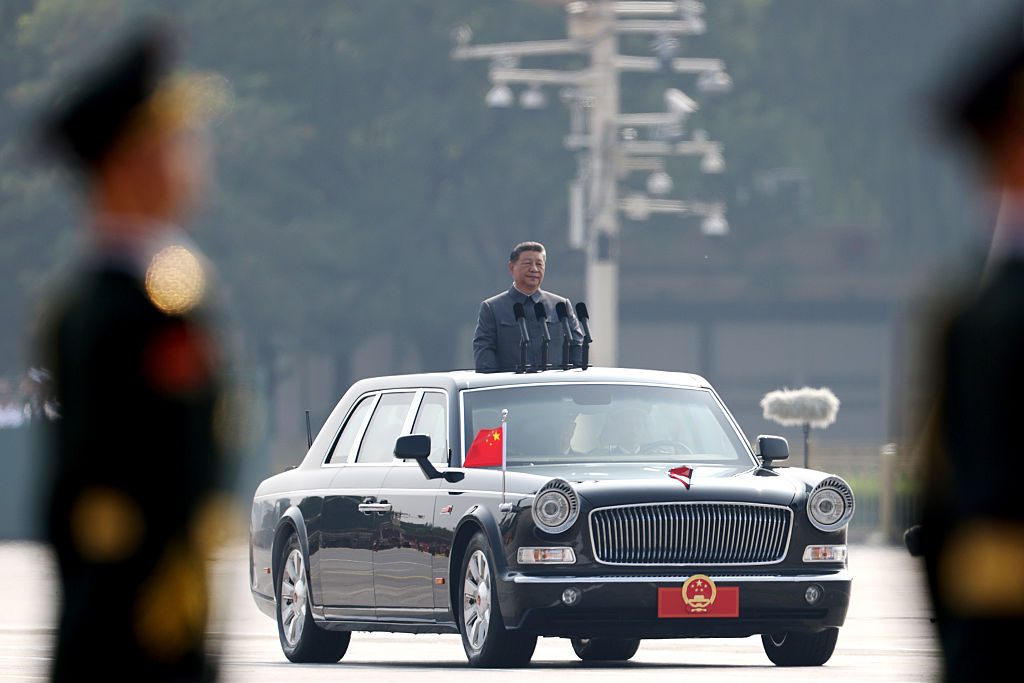







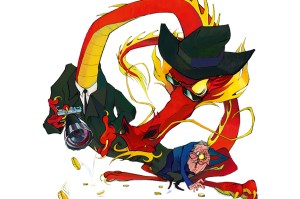
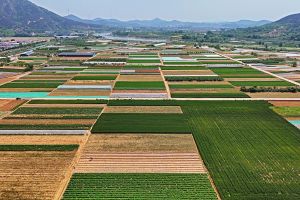

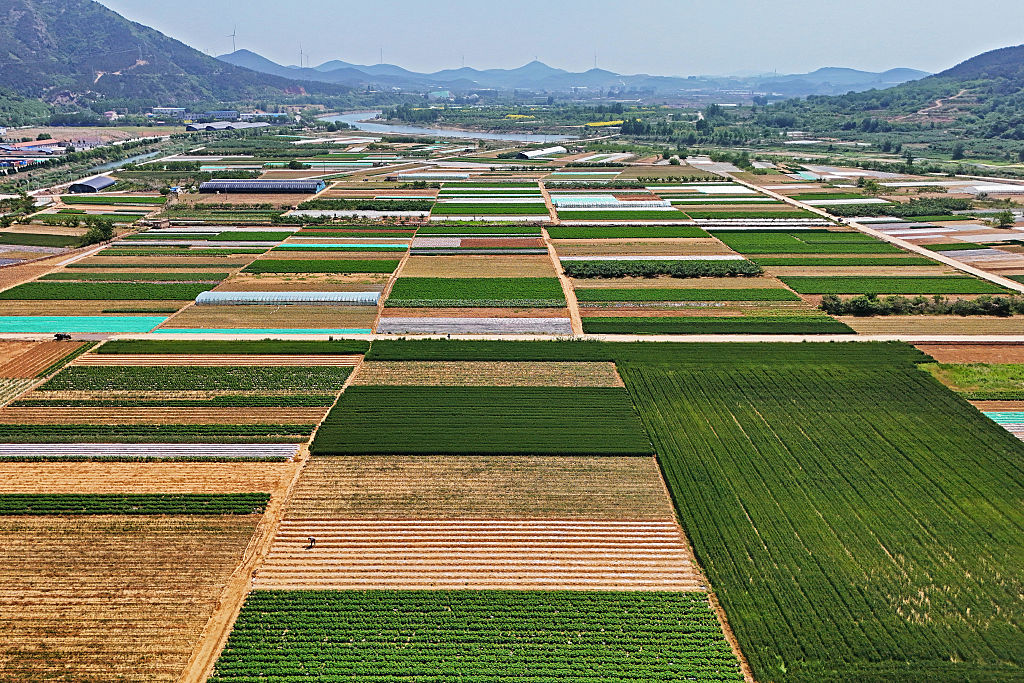


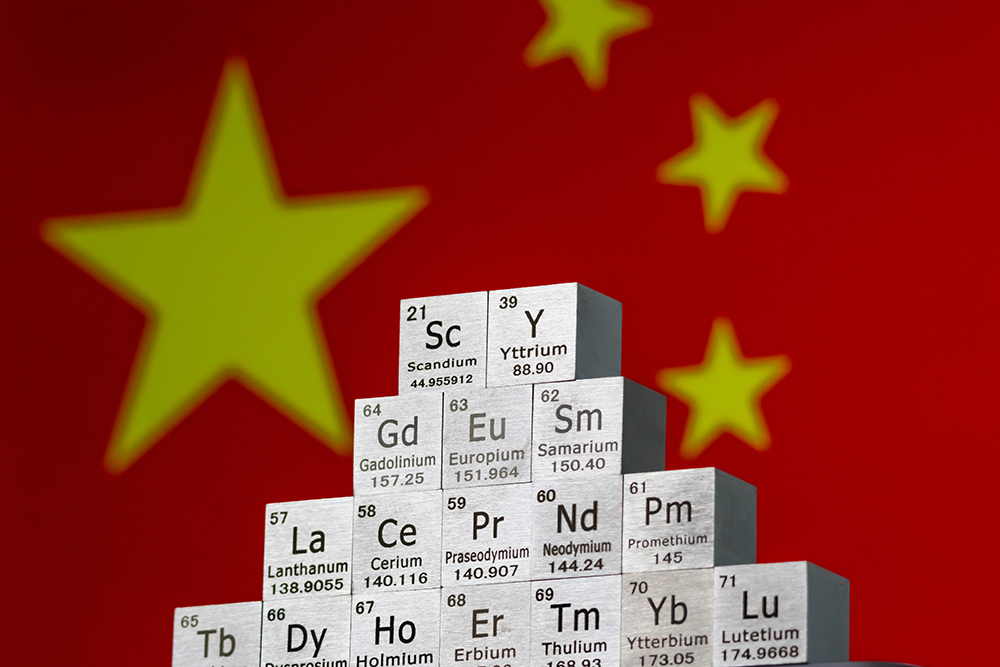
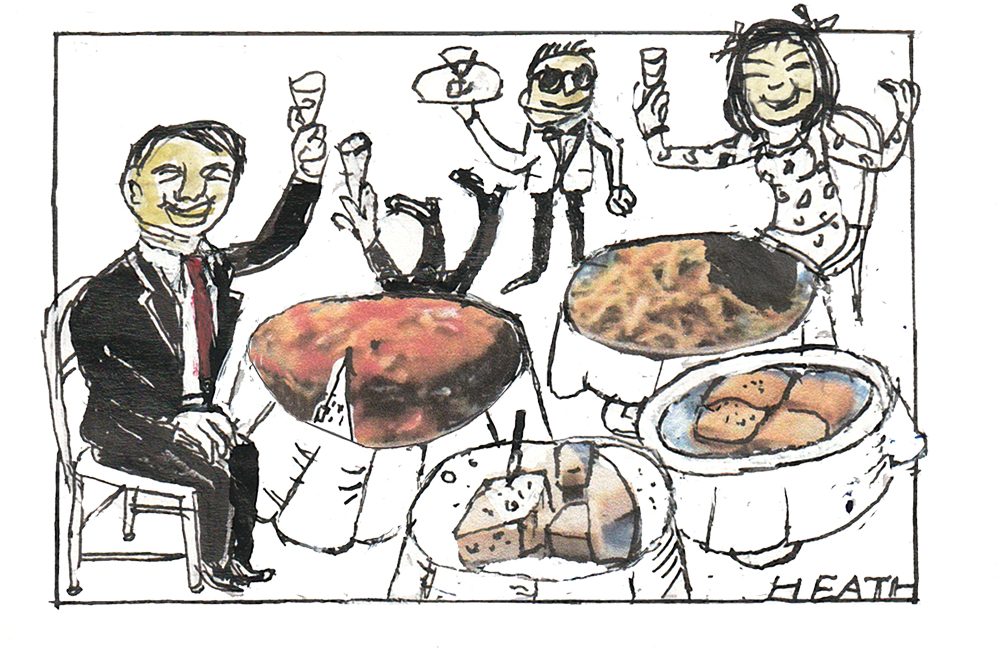







Leave a Reply